Beijing
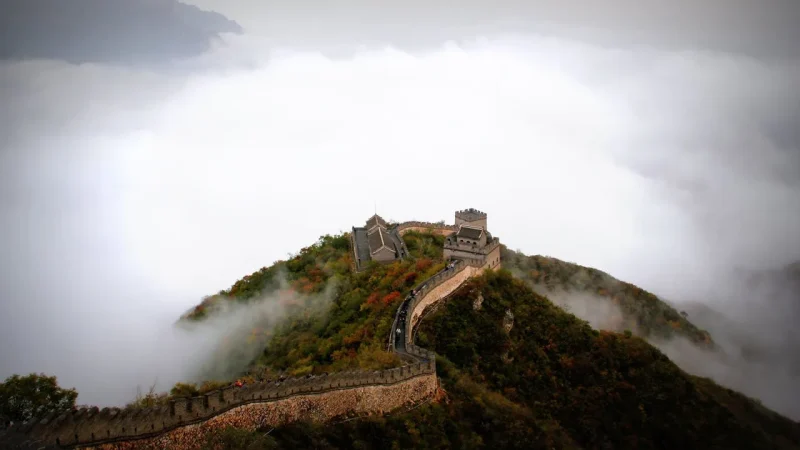
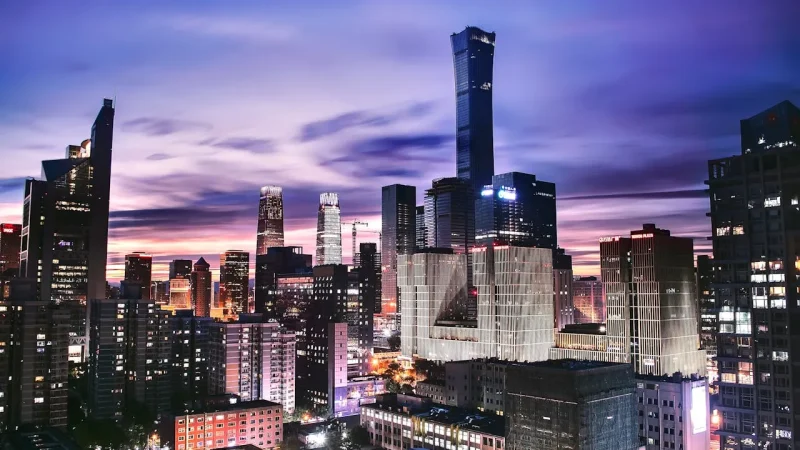
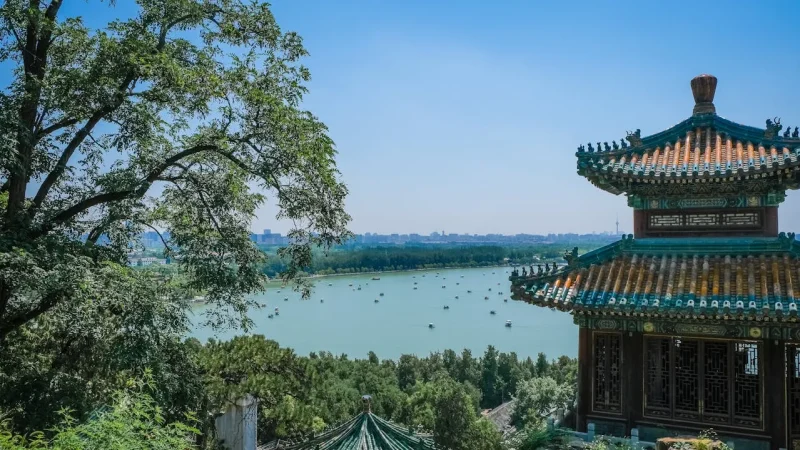
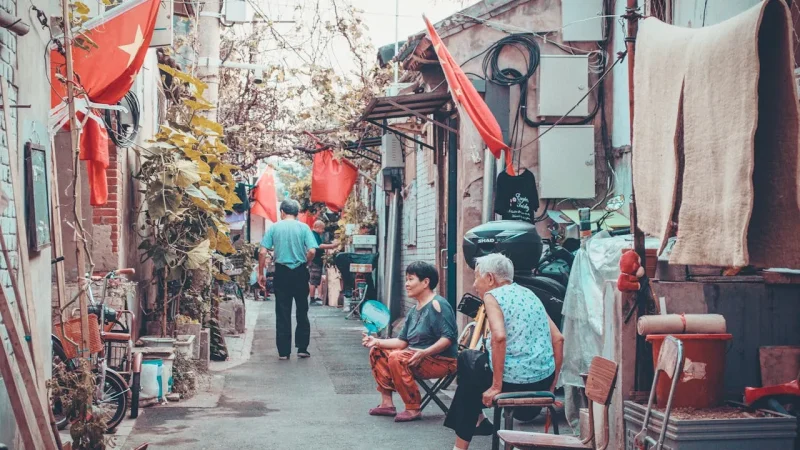
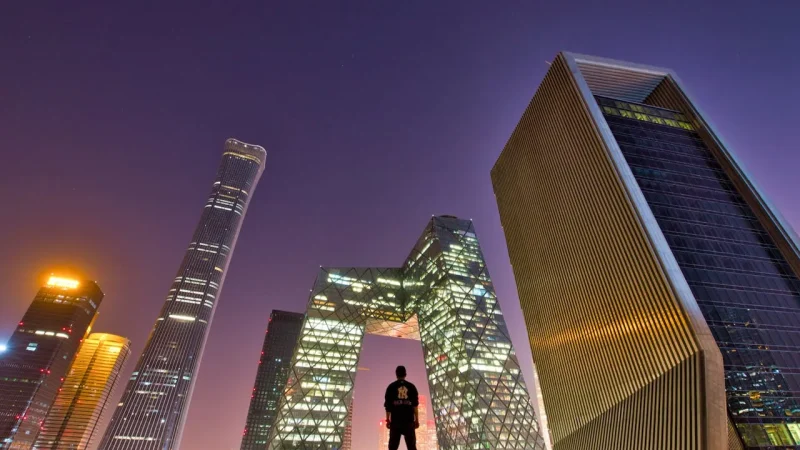

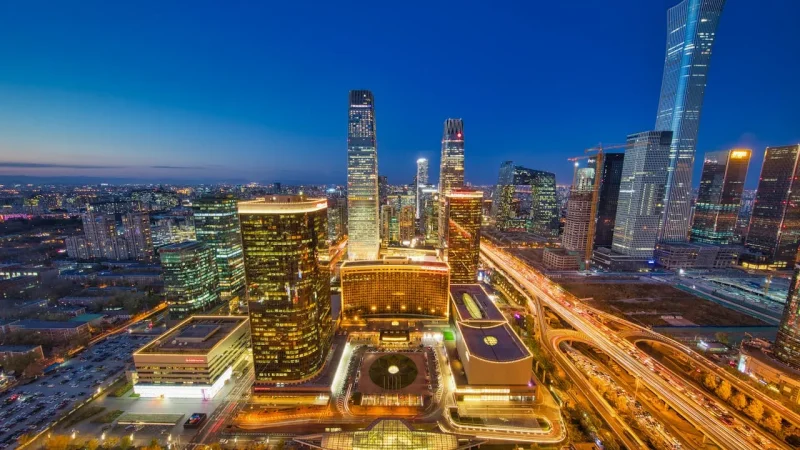
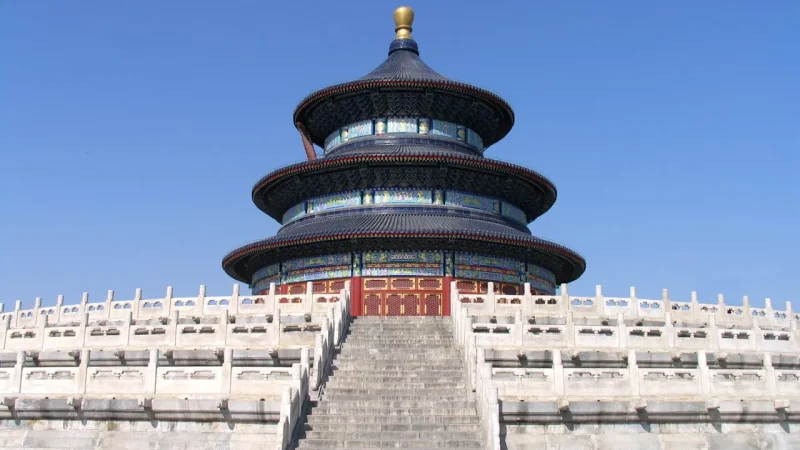
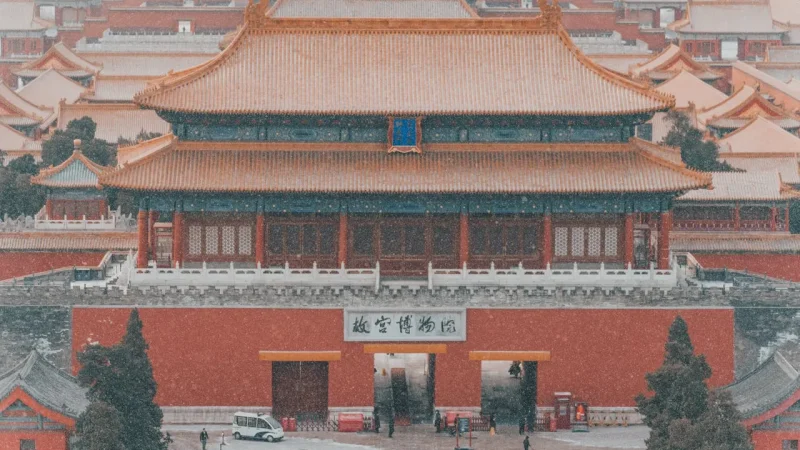
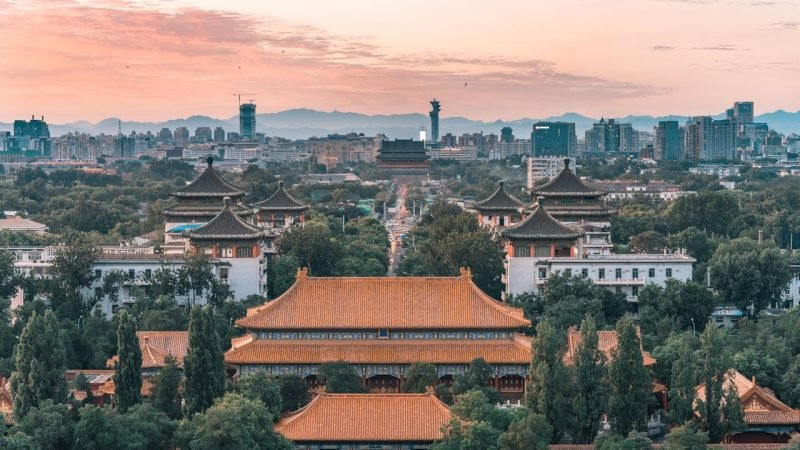

City introduction
Beijing, historically romanized as Peking, is China’s capital and the world’s most populous national capital with over 22 million residents. It is the second-largest city in China after Shanghai, located in Northern China and governed directly by the State Council. Beijing borders Hebei Province and neighbors Tianjin to the southeast, together forming the Jing-Jin-Ji economic region. Ranked as a leading global city, Beijing is a center for culture, politics, finance, education, research, and technology. It hosts the headquarters of China’s largest state-owned enterprises and has the highest concentration of Fortune Global 500 companies in the world. The city is also a hub for China’s extensive transportation networks, including highways, railways, and the Beijing Capital International Airport, which was Asia’s busiest airport before the COVID-19 pandemic. Beijing Daxing International Airport, the city’s second international airport, is the largest single-structure terminal in the world.
Beijing’s history spans over three millennia, making it one of the oldest cities globally. It was the political center of China for most of the past 800 years, also serving as the imperial capital, strategically positioned with mountains on three sides. The city showcases a blend of modern and traditional architecture, with historic hutong districts and modernized areas. As one of China’s Four Great Ancient Capitals, Beijing was the world’s largest city by population through much of the second millennium.
Beijing has hosted significant international events, including the 2008 Summer Olympics and Paralympics, and in 2022 became the first city to host both the Summer and Winter Olympics and Paralympics. Its rich cultural heritage includes eight UNESCO World Heritage Sites: the Forbidden City, Temple of Heaven, Summer Palace, Ming Tombs, Zhoukoudian, Beijing Central Axis, and sections of the Great Wall and Grand Canal. These sites, along with the city’s traditional siheyuan residences and narrow hutongs, draw millions of tourists annually, making Beijing one of the world’s top-earning tourist destinations.
As of 2022, Beijing’s nominal GDP reached CN¥4.16 trillion (approximately $619 billion), accounting for about 3.44% of China’s GDP and ranking 13th among province-level administrative units. The city’s nominal GDP per capita stood at $28,258, the highest in the country, while it is recognized as the tenth largest metropolitan economy globally.
In 2013, Beijing was home to more Fortune Global 500 Company headquarters than any other city, boasting 54 such companies by August 2022, surpassing Japan’s 47 and only trailing behind the United States and China. Additionally, Beijing has been labeled the “billionaire capital of the world,” with total wealth estimated at $2 trillion in 2020, making it the fifth wealthiest city globally.
Classified as an Alpha+ city by the Globalization and World Cities Research Network, Beijing demonstrates significant influence both regionally and worldwide, positioning itself among the top ten major cities globally. In the 2021 Global Financial Centres Index, it ranked as the sixth-most competitive financial center worldwide and the fourth in the Asia & Oceania region, following Shanghai, Hong Kong, and Singapore. Furthermore, Beijing was recognized as the leading city in the “Global City Competitiveness” ranking in the 2020–2021 Global Urban Competitiveness Report, published by the Chinese Academy of Social Sciences and the United Nations Programme for Human Settlements.
City Economy
City industries
City climate
humid subtropical climate
Beijing has a monsoon-influenced humid continental climate, bordering a cold semi-arid climate. Summers are hot and humid due to the East Asian monsoon, while winters are brief, cold, and dry, influenced by the Siberian anticyclone. Spring often brings sandstorms from the Gobi Desert, with warming yet dry conditions. Autumn is a transitional season with minimal precipitation. According to China’s seasonal standards, spring begins on March 26, summer on May 20, autumn on September 13, and winter on October 31. The average annual temperature in urban Beijing ranges from 12.9 °C (55.2 °F) to 13.3 °C (55.9 °F), with average daily minimums between 7.7 °C (45.9 °F) and 8.4 °C (47.1 °F), and daily maximums from 18.5 °C (65.3 °F) to 18.9 °C (66.0 °F).